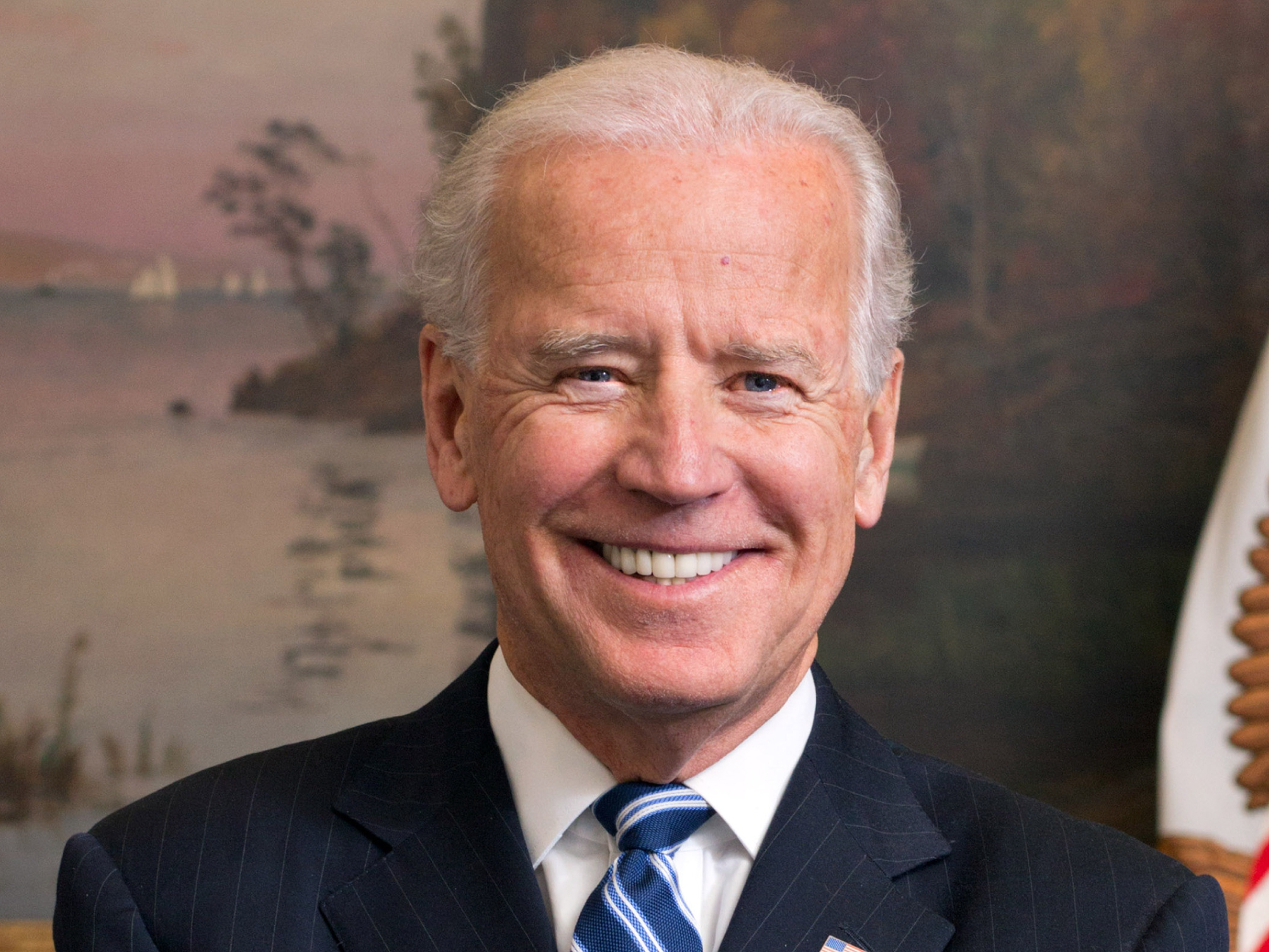
There is no county in the nation where a full-time worker earning the federal minimum wage could afford to rent a two bedroom home without spending more than 30% of their income. 2020 Presidential Candidates Joe Biden, and Bernie Sanders present their plans to make secure, affordable housing more accessible.




















This resource focuses on 2020 Presidential Candidates polling greater than 1% in the latest national Ipsos poll. Candidates are presented in order of polling percentage then by last name. Candidates polling below 1% and candidates without published housing plans may not be included. Analysis on the Trump Administration and 116th Congress' impact on affordable housing are available in Affordable Housing Online's FY20 HUD Budget estimator.
Policy Coverage of Candidates Polling below 1% or with suspended campaigns:Looking for landlords who will take a Section 8 voucher?
Ask your housing authority if they have a list of landlords who accept Section 8 Housing Choice Vouchers.Mili Rodriguez says:
"Affordable Housing Online is awesome, and helps lots of people who can greatly benefit from this website."